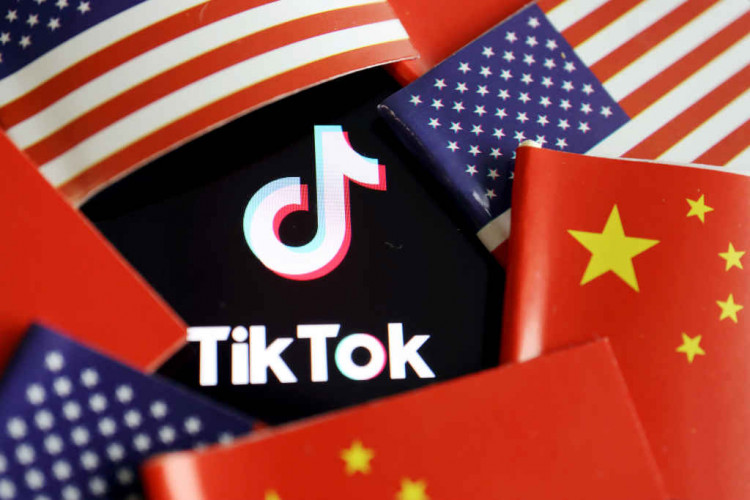TikTok CEO Shou Zi Chew is set to testify before the House Energy and Commerce Committee on Thursday as the social media giant faces a potential ban over national security concerns arising from its parent company, China-based ByteDance. As the U.S. government and commercial interests face a widening divide over TikTok's future, the country is confronted with a complex challenge.
FBI Director Christopher Wray recently testified about TikTok's ability to "drive narratives" and "divide Americans" through its content algorithm. He noted that since ByteDance is required by law to comply with requests made by the Chinese Communist Party, TikTok raises significant national security concerns.
Senator Marsha Blackburn expressed her concerns, stating, "I'm particularly concerned about TikTok's connections to the Chinese Communist Party, which repeatedly spies on American citizens." The situation has prompted new legislation like the RESTRICT Act, introduced by Sens. John Thune and Mark Warner, aimed at giving the federal government the ability to investigate and potentially ban technology products like TikTok that have ties to adversarial countries.
While the U.S. government considers banning TikTok, American advertisers, brands, marketers, ad agencies, and influencers are increasingly embracing the platform. With more than 885 million viewers and users spending over an hour and a half on the app daily, TikTok represents a significant marketing opportunity. Major companies like Apple, Google, Microsoft, and various leading brands are using TikTok to bolster their sales and customer engagement.
Moreover, TikTok's popularity among Black and Hispanic users, who make up 30% and 31% of the platform's American users respectively, highlights the importance of the app as a marketing tool for reaching diverse demographics.
As part of TikTok's defense against the potential ban, Chew has introduced "Project Texas," an initiative to create a special subsidiary called TikTok U.S. Data Security Inc. to oversee the protection of American users' data and the platform's U.S. operations under a contract with Oracle. Chew wrote in his testimony, "I steadfastly believe that all concerns that have been raised have solutions. Bans are only appropriate when there are no alternatives."
In his testimony, Chew also emphasized that TikTok and ByteDance are not agents of China or any other country. However, convincing the next generation of Americans - including brands, companies, and marketers - that adversaries like China and Russia will use any means necessary to compete and dominate, even seemingly innocuous social media apps, remains a difficult challenge.
In conclusion, the TikTok controversy presents the United States with a complex challenge. Balancing national security concerns with the app's widespread commercial appeal and the need to educate the public about potential risks is no easy task. As the U.S. government grapples with the TikTok dilemma, it must consider not only the immediate implications of a ban but also the long-term consequences for American technology policy and international relations.





